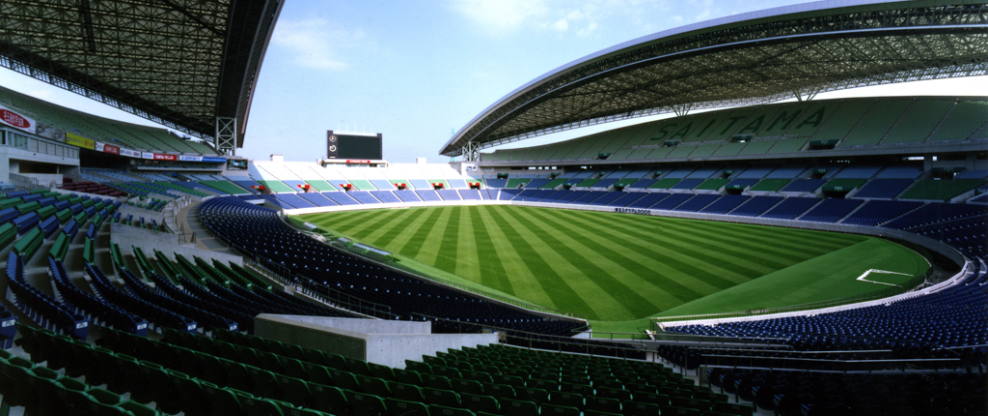TOKYO (CelebrityAccess) — The Tokyo Organising Committee of the Olympic and Paralympic Games (Tokyo 2020) announced that the International Olympic Committee (IOC) Executive Board has signed off on the final venue plan for the upcoming Olympic Games.
The Tokyo 2020 Games will use a total of 43 venues, including 25 existing, ten temporary and eight new permanent venues. Football fixtures will be played in the Sapporo Dome, Miyagi Stadium, Ibaraki Kashima Stadium, Saitama Stadium, Tokyo Stadium and the International Stadium Yokohama, as well as in the main Olympic Stadium in Tokyo.
Tokyo 2020 President Yoshiro Mori commented, “I am very happy that, with us having submitted our proposals for all football venues as a single request, we received approval for all of them today, which means the venues for all of the sports in the Olympic and Paralympic Games Tokyo 2020 have now been decided. As a result of various reviews, the percentage of venues utilising existing facilities has increased from around 40 percent at the time of our bid to almost 60 per cent now. We will cooperate with neighbouring and regional municipalities in the use of their facilities, and will host the Games together. We believe that these Games will prove to be a model for a sustainable Games while delivering the excitement of the Games to more people.”
Plans for three additional permanent venues were canceled after the announcement of the IOC’s ‘New Norm’ program, saving an estimated 200 billion yen in costs.
The ‘New Norm’ announced by the IOC in February, aims at fostering sustainable development for would-be Olympic host cities, with an emphasis on using existing facilities. In the past, the IOC has been the subject of criticism for encouraging host nations to invest heavily in Olympic venues that find little use after the games. Previous host cities such as Rio spent an estimated $13 billion on venues for the game, even while struggling to pay for basic services for its citizens.
Since the games took place in 2016, many of the Rio venues have been abandoned and left in a state of disrepair. Similar scenes of decay can be found at other host cities such as Athens (2004), and Beijing (2008).
Organizers for Tokyo are hoping to change that dynamic and said that the “Olympic Stadium and other permanent venues are destined to become community facilities that will enhance the quality of urban life after the Games, especially in the area of sport.”





























